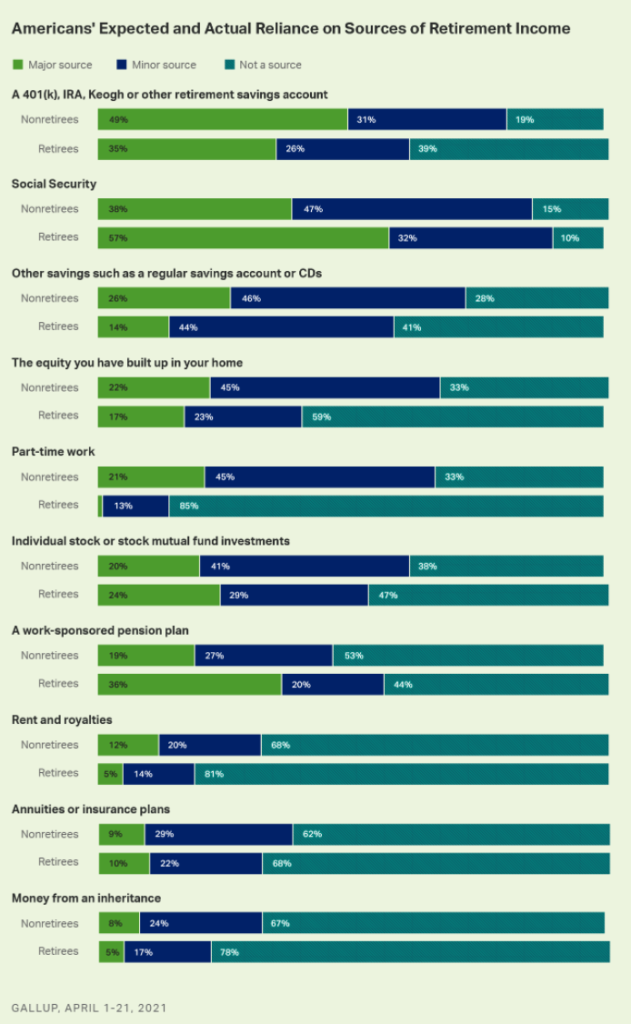Excerpt:
A “pension dashboard” could be useful in the United States to help participants track their retirement savings when they change jobs, but Congress would need to authorize a federal agency to establish and oversee such a dashboard. It also would have to give the agency the authority to consolidate retirement account information, the GAO stated in its report—“401(k) Plans: Additional Federal Actions Would Help Participants Track and Consolidate Their Retirement Savings.”
GAO was asked to review, among other things, the challenges that 401(k) plan participants have in keeping track of their retirement savings, as well as the challenges they have in rolling over their savings from one plan to another and federal actions that can improve the process.
In fact, this issue is not new, as the dashboard concept was raised in late 2020 in a white paper (A Retirement Dashboard for the United States) by authors David John of the AARP Public Policy Institute, Grace Enda of the Urban-Brookings Tax Policy Center, and William Gale and J. Mark Iwry of the Brookings Institution who called for the creation of a retirement dashboard to help savers better manage and keep track of their savings.
….
Consequently, GAO recommends that Congress grant authority to a federal agency to develop and oversee a comprehensive pension dashboard that can provide participants’ information to them in one location. GAO notes this “would reduce the burden on plan sponsors and providers, who must otherwise track or manage lost accounts or missing participants.”
The report also suggests that DOL and IRS establish a system to facilitate automatic plan-to-plan rollovers to help participants maintain consolidated savings as they change jobs. GAO also recommended that the government (PBGC, Labor and Treasury) help 401(k) participants by improving the information they receive about options for their plan savings and the process they must undergo to consolidate their savings after changing jobs.
In its written response, DOL stated that it would consider actions related to GAO’s disclosure recommendation to ensure participants “receive easily understandable, timely, and comprehensive information.” DOL also noted that it is engaged in joint agency efforts and that it would be appropriate for them to consider the recommendation as part of such efforts with Treasury, IRS, and PBGC, as required under the SECURE 2.0 Act. Under the act, the agencies are to study, analyze, and report to Congress on the effectiveness of their reporting and disclosure requirements before the end of 2025.
Author(s): Ted Godbout
Publication Date: 20 Feb 2024
Publication Site: NAPA – National Association of Plan Advisors
